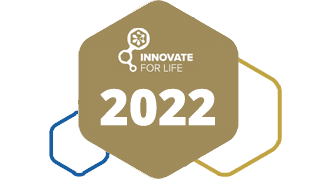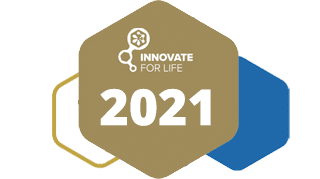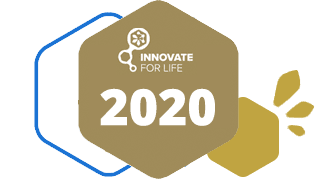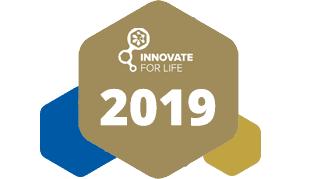Innovate For Life 2023
Science is constantly evolving and advances in the development of innovative medicines that are happening today, will create happier, healthier lives in the future. In this year’s heartwarming Innovate for Life Hero film, we tell the story of a Granddad who takes a look back over his life and realises how medical innovations have helped him lead a longer, happier life positively impacted by advances in science, which leads us to our 2023 campaign tagline;
Innovate Today, to Transform Tomorrow.

A future where cancer isn’t just treated, but cured
Innovations in medicines are striving ahead and will improve standards of care for those diagnosed with cancers, such as Triple Negative Breast Cancer, which accounts for about 1 in every 8 breast cancers. Through innovation, we can deepen our understanding of triple negative breast cancer and ultimately cure patients.
Breakthrough innovations happening now, in areas like oncology, will transform the lives of patients in the future.
In this short video, hear insights from cancer survivor and CEO of The Marie Keating Foundation Liz Yeates and Professor Janice Walshe, Medical Oncologist on why progress is important in treating TNBC.

Ending HIV for everyone, everywhere
Due to pioneering advances in treatment for HIV, patients can now expect a healthy life but despite these advances, we must continue to innovate to ensure that all patients have treatment options.
In this short video, hear insights from Reggie Kelly, Vice President of Development and Dublin Central Site Lead for Gilead and HIV and Trans Advocate, Rebecca Tallon De Havilland on how far we have come.

Revolutionising drug discovery
Generative biology has the potential to revolutionise drug discovery. By combining the power of protein discovery expertise with the power of generative biology to accelerate design of the next generation of multi specific drugs.
In this short video, hear from Professor Patricia Maguire, Director of UCD Institute of Discovery and Dr Alan. J Russell, Vice President of Research and Therapeutic Discovery at Amgen who both provide some fascinating insights into the game changing possibilities offered by generative biology and AI.




